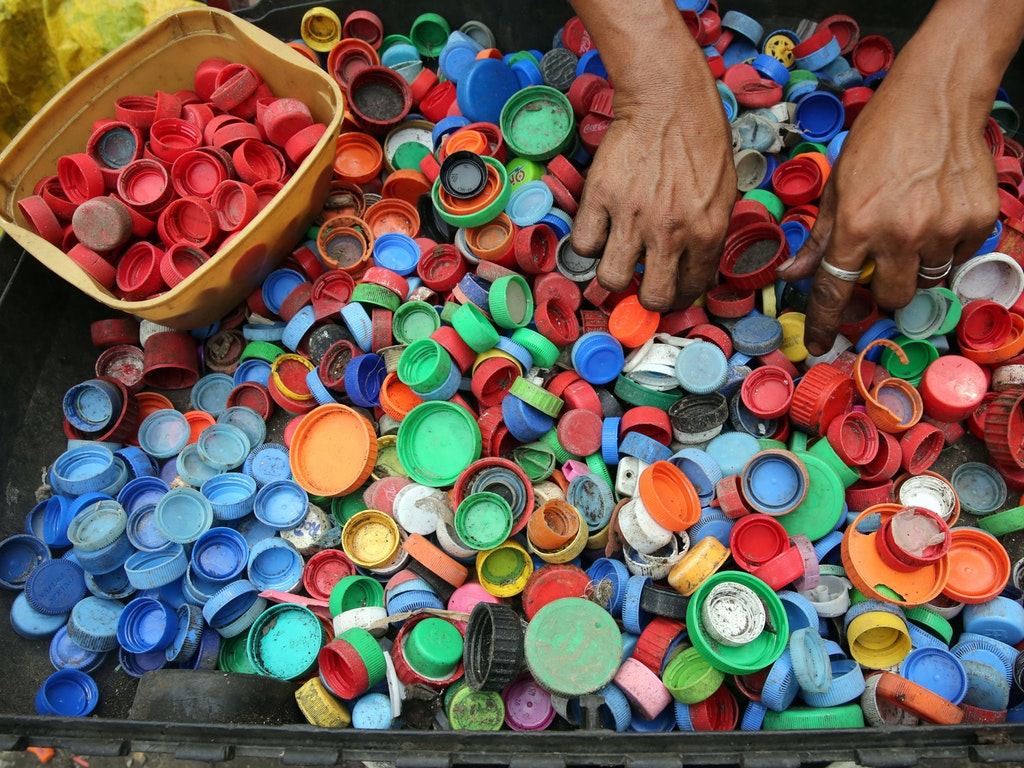The Complete Plastics Guide: From #1 to #7, What’s Reusable, What’s Recyclable & What To Avoid At All Costs
3 Mins Read
Hong Kong has one of the worst rates of recycling in general and plastic in particular in the world and believe it or not, recycling rates are actually decreasing every year! Our city landfills are reaching breaking point and yet the average citizen has no idea how to recycle. Further, since China stopped importing most of the world’s recycling for processing, only two types of plastics are now accepted in Hong Kong recycling bins: fully rinsed drink containers and personal care products. Our friends at Live Zero put together this great primer of the various types of plastics on the market as a starting point to understanding that not all plastics are created equal. Read it and #SHARE it far and wide!
Plastic #1: PETE/PET (Polyethylene Terephthalate)
Can only be used once as a lot of bacteria can accumulate and cause plastic leaching. It’s most commonly used for water bottles/drinks and food containers, which is why it’s always best to refuse this type of plastic and use your REUSABLES instead!
–> Easiest To Recycle in Hong Kong
Plastic #2: HDPE (High Density Polyethylene)
Has one of the lower risks of leaching and is more of a “heavy duty” plastic used for household cleaning products, shampoo bottles, milk jugs etc. It can be recycled but not fully!
–> Possible To Recycle in Hong Kong
Plastic #3: PVC (Vinyl)
One of the worst plastic choices around! It can’t be recycled easily and contains TONS of toxins (including suspected carcinogens) that leach easily. Definitely refuse this plastic as it should not be reused. Most commonly used for food wrap!
–> Not Possible To Recycle in Hong Kong
Plastic #4: LDPE (Low Density Polyethylene)
Very reusable, but normally not recyclable. Used mostly for plastic bags, so ALWAYS bring your reusable bags with you!
–> Possible To Recycle in Hong Kong
Plastic #5: PP (Polypropylene)
Reusable but not always recyclable, some centres are beginning to accept it though! Usually used for yoghurt containers, take-away containers and medicine bottles.
–> Possible To Recycle in Hong Kong
Plastic #6: PS (Polystyrene)
Basically this is styrofoam, which is extremely difficult to recycle and contains several nasty chemicals that are proven to be harmful to human health. Often used for takeaway boxes and cups, especially in Hong Kong.
–> Difficult To Recycle in Hong Kong
Plastic #7: Others
Recycling/reusing guidelines are still relatively unclear as this is a catch-all category. Number 7 plastics also contain BPA so always avoid this one!
–> Very Difficult To Recycle in Hong Kong
Moral of the story: refuse plastics as often as possible for your own health & the planet’s.
Additional Hong Kong Recycling Resources
- Check out this guide by Plastic Free Seas on how to be a responsible recycler in Hong Kong.
- Check out our guide on how to break up with single-use plastics in Hong Kong.
Ed. Note: This guide was first published on Live Zero‘s Instagram account and we are grateful to them for letting us share it here. It has been expanded by Green Queen. You can view the original post here.
Correction: an earlier version of this article listed disposable diapers under the PP plastic section and suggested they may be recycled. This is false- disposable diapers are indeed often made with PP but they cannot be recycled, and must be disposed of in the trash. We regret the error.
Lead image courtesy of Pexels.




